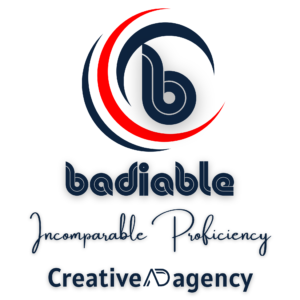As the global conversation around sustainability gains momentum, the concept of the circular economy is emerging as a critical framework for designing products that last. In India, particularly in progressive regions like Bangalore and across Karnataka, designers are increasingly embracing this approach, focusing on creating products that emphasize longevity, recyclability, and reusability. This shift towards sustainable design is not only helping reduce environmental impact but also paving the way for innovative business models that are more resilient and economically viable.
Understanding the Circular Economy
The circular economy is a regenerative system that aims to minimize waste and make the most of resources. Unlike the traditional linear economy, which follows a ‘take, make, dispose’ model, the circular economy is based on principles of designing out waste, keeping products and materials in use, and regenerating natural systems. In India, where resource efficiency is crucial for sustainable development, adopting circular economy principles is becoming increasingly important.
- Longevity in Product Design: One of the key aspects of designing for the circular economy is ensuring that products are built to last. In Bangalore, known for its innovation and tech-driven industries, designers are focusing on creating durable products that can withstand the test of time. This includes everything from consumer electronics to fashion, where the emphasis is on quality over quantity. By extending the lifespan of products, designers are reducing the need for frequent replacements, thus minimizing waste.
- Recyclability and Material Innovation: Recyclability is another critical component of the circular economy. In Karnataka, designers are exploring the use of recyclable materials in product design, ensuring that at the end of their life cycle, products can be broken down and repurposed. Innovations in material science are playing a significant role here, with the development of new materials that are both sustainable and fit for recycling. For example, biodegradable plastics, recycled metals, and organic textiles are increasingly being used in product design, helping reduce the environmental footprint of manufacturing.
- Reusability and Modular Design: Reusability is a cornerstone of circular design. Products that can be easily disassembled, repaired, or repurposed are central to this approach. In Bangalore, the concept of modular design is gaining traction, particularly in sectors like furniture and consumer electronics. By designing products that can be upgraded or modified over time, designers are encouraging consumers to keep products in use for longer periods, thereby reducing waste and promoting sustainability.
Circular Economy in Practice: Case Studies from Karnataka
Several companies and startups in Bangalore and across Karnataka are leading the way in adopting circular economy principles. These organizations are demonstrating how circular design can be implemented in various industries, from fashion and electronics to packaging and consumer goods.
- Fashion and Textiles: The fashion industry is notorious for its environmental impact, but designers in Bangalore are working to change this by adopting circular practices. Brands are focusing on using organic, biodegradable fabrics, and implementing take-back programs where old garments can be returned, recycled, or upcycled into new products. This approach not only reduces waste but also offers consumers an opportunity to contribute to a more sustainable fashion ecosystem.
- Electronics and Appliances: The electronics industry in Karnataka is also seeing a shift towards circular design. Companies are developing products with modular components that can be easily replaced or upgraded, extending the life of devices and reducing electronic waste. Additionally, there is a growing emphasis on designing products that can be easily disassembled at the end of their lifecycle, ensuring that valuable materials can be recovered and reused.
- Packaging Innovations: In the realm of packaging, companies in Karnataka are exploring sustainable alternatives to traditional plastic packaging. Biodegradable and compostable packaging materials are being developed, along with reusable packaging solutions that can be returned and refilled. These innovations are helping reduce the environmental impact of packaging and promoting a circular approach to product distribution.
SEO Keywords for Google
To optimize this article for search engines, especially for audiences in Bangalore and the rest of Karnataka, the following SEO keywords and phrases can be incorporated:
- Circular economy Bangalore
- Sustainable product design India
- Karnataka eco-friendly products
- Longevity in product design Bangalore
- Recyclable materials in India
- Reusable products Karnataka
- Modular design Bangalore
- Circular fashion India
- Sustainable packaging Karnataka
- Bangalore circular economy innovations
Conclusion
Designing for the circular economy is not just a trend; it is a necessity for creating a sustainable future. In India, and particularly in forward-thinking regions like Bangalore and the districts of Karnataka, designers are at the forefront of this movement. By focusing on longevity, recyclability, and reusability, they are creating products that are not only better for the environment but also more economically viable in the long term.
The adoption of circular economy principles is transforming industries, encouraging innovation, and fostering a culture of sustainability. As more designers and businesses in India embrace this approach, the impact will be far-reaching, contributing to a more resilient economy and a healthier planet. For consumers, this shift offers the opportunity to choose products that align with their values, ensuring that their choices today contribute to a better tomorrow.



